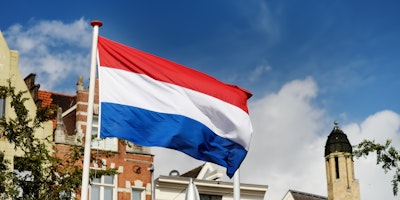Upon arrival: Navigating the first steps
With all of the above checked and covered, you are ready to land on Dutch soil. Now that you
have arrived, what are the crucial next steps for successfully settling in The Netherlands?
BSN/Municipal Registration/DigiD
Secure your Citizen Service Number (BSN) by completing your registration with the municipality (after arranging your accommodation). This identification is vital for a range of administrative purposes. Additionally, acquire a DigiD, a digital identity that plays a crucial role in accessing government services online and streamlining administrative processes. More information about registering you'll find here.
Bank Account
Open a Dutch bank account to streamline financial transactions, rent payments, and daily activities, ensuring a smoother integration.
Medical preparations
Setting up your medical preparations upon arrival is not only a wise thing to do but also a mandatory next step according to Dutch law. Therefore, keep the following requirements in mind:
- Health insurance
Promptly arrange your Dutch health insurance, an essential step for accessing the Dutch healthcare system. This ensures immediate coverage, providing you with peace of mind. More details on the Dutch healthcare system, its functioning, and what to expect, are shared in this article. - TB test
Determine if a tuberculosis (TB) test is required, ensuring compliance with Dutch health regulations and a smoother integration. The specific protocols and countries on the high-risk list can vary, so it is advisable to check the latest information with Dutch authorities or the Municipal Health Service (GGD) for the most accurate advice. - Medical registration
Connect with a local general practitioner and dentist, proactively setting up medical appointments upon arrival for healthcare continuity.
30% Ruling
Inquire about the 30% ruling, a tax advantage for many skilled migrants. Understanding and leveraging this benefit can impact your financial well-being.
Driver's license conversion
For mobility, explore converting your foreign driver's license. EU license holders can use theirs for a limited period, while non-EU license holders may need tests based on their country of origin. Further details on these processes can be found on the official Dutch government websites and automotive authorities.





